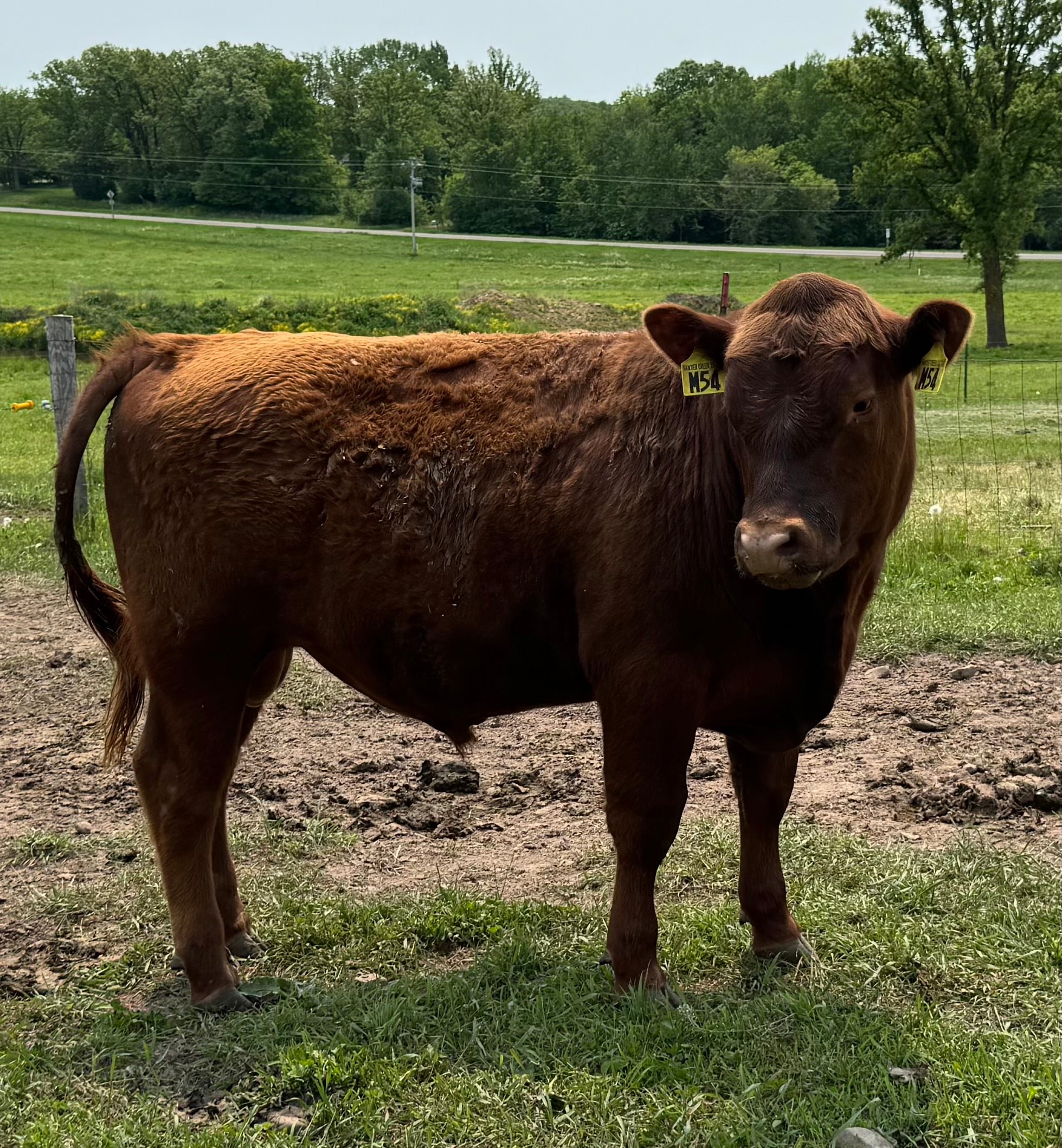Back to Basics: Why Animal Fats Deserve a Comeback in Your Kitchen
In a world of trendy cooking oils and butter substitutes, animal fats often get overlooked. However, these traditional fats—think tallow, lard, and duck fat—are packed with flavor, nutrients, and health benefits. Here’s why you should consider bringing them back into your kitchen.
1. Rich in Healthy Saturated Fats
Contrary to popular belief, not all saturated fats are bad. Animal fats, especially those from grass-fed or pasture-raised animals, contain a variety of beneficial fatty acids, like stearic acid, which can support heart health and improve cholesterol levels when consumed in moderation. These fats are also great for your skin, giving it a healthy glow and keeping it hydrated from the inside out.
2. High Smoke Point for Better Cooking
One of the big advantages of cooking with animal fats is their high smoke point. This means they can withstand higher temperatures without breaking down and releasing harmful free radicals, which makes them ideal for frying, roasting, and searing meats. Tallow, for example, is perfect for crisping up potatoes or searing a steak to perfection.
3. Packed with Nutrients
Animal fats, particularly those from pastured animals, are rich in fat-soluble vitamins like A, D, E, and K2. These vitamins are essential for bone health, immune function, and even hormone regulation. While vegetable oils may offer a quick fix for fat in a dish, they don’t provide the same nutrient density.
4. Enhances Flavor Naturally
Animal fats have a deep, savory flavor that can’t be replicated by plant oils. Whether you’re roasting vegetables, making gravy, or frying up some eggs, cooking with tallow, lard, or duck fat adds richness and depth to your dishes. These fats infuse a natural, meaty essence that can elevate your meals, making them taste more satisfying and robust.
5. Supports Sustainable Eating
Choosing animal fats from grass-fed or sustainably raised animals aligns with ethical and environmentally-conscious eating. By using the whole animal, including the fats, you’re reducing waste and supporting farming practices that prioritize animal welfare and environmental health.
How to Incorporate Animal Fats into Your Diet
-
Fry or sauté with tallow or lard instead of vegetable oil for a rich, crispy texture.
-
Use duck fat for roasting potatoes or vegetables for an irresistible golden crisp.
-
Make gravies and sauces using rendered fat for an extra layer of flavor.
-
Cook eggs in bacon grease for a savory, satisfying breakfast.
Cooking with animal fats doesn’t just take you back to the basics; it’s a way to enjoy healthy, flavorful meals while nourishing your body with traditional, nutrient-dense fats. Give tallow, lard, or duck fat a try next time you cook—you might just be surprised at the difference they make in your food!
